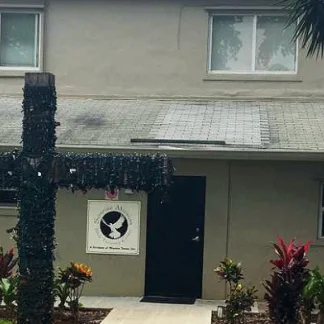CMET - Counseling Mediation Education and Treatment
CMET (Counseling Mediation Education and Treatment) is a private rehab located i...
Mission Teens - Sonrise Mission is a non-denominational Christian Discipleship ministry located in Fort Lauderdale, FL. Mission Teens - Sonrise Mission specializes in the treatment of mental health and substance abuse.
Mission Teens is a non-denominational Christian Discipleship ministry dedicated to helping people who struggle with life-controlling problems by ministering the Gospel of Jesus Christ to them. We believe that the Gospel should be free to all.
Almost all of our staff are graduates of the discipleship training program. They do not receive any salary, but work as missionaries, giving back their life to serve the Lord by reaching out to others. The Assistant Executive Directors at each center work directly with the Executive Director to train the staff, oversee the general condition of the buildings and raise the necessary support, as well as teach, counsel, etc.
Contact us for more information: (954) 485-5167

Connect with Mission Teens - Sonrise Mission by calling their admissions team directly.
(954) 485-5167 Website Get DirectionsGroup therapy is any therapeutic work that happens in a group (not one-on-one). There are a number of different group therapy modalities, including support groups, experiential therapy, psycho-education, and more. Group therapy involves treatment as well as processing interaction between group members.
Life skills trainings involve all the skills a person must have in order to function successfully in the world. These include time management, career guidance, money management, and effective communication. Truly successful addiction recovery is based on the ability to not only live substance-free, but to thrive. Life skills teaches the practical necessities of functioning in society, which sets clients up for success in life, and therefore sobriety.
Life skills trainings involve all the skills a person must have in order to function successfully in the world. These include time management, career guidance, money management, and effective communication. Truly successful addiction recovery is based on the ability to not only live substance-free, but to thrive. Life skills teaches the practical necessities of functioning in society, which sets clients up for success in life, and therefore sobriety.
CMET (Counseling Mediation Education and Treatment) is a private rehab located i...
Hope & Grace guide clients through the recovery process. Addiction recovery ...
Chrysalis Health – Broward Boulevard is a private rehab located in Fort Lauderda...
Sunrise Detox Ft. Lauderdale is a public rehab located in Fort Lauderdale, Flori...